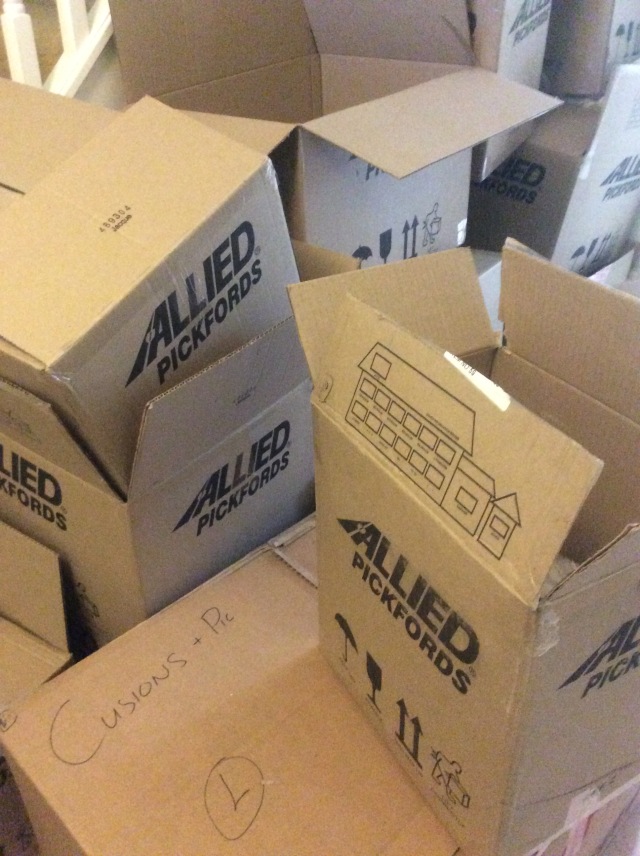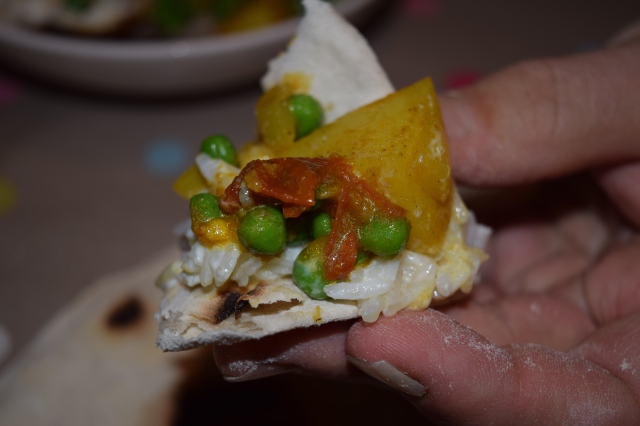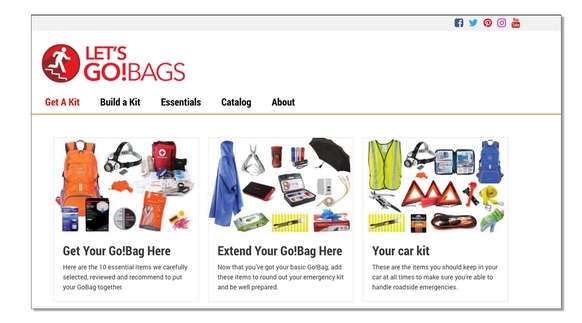Three years ago we moved to South Africa. I wrote about my experience on this blog – as well as more general posts about life as an expat spouse. Now, we are back – back home in the UK and back to not being an expat partner anymore. So what am I up to now? I intend to keep this blog going for now, but I will not be adding as many posts as I did when we lived overseas. However I am still writing and am embarking in my new role as a freelance writer – specialising (at the moment) in expat life, travel, parenting, a combination of the three, and other lifestyle subjects.
I plan to start a new website soon for my writing career but in the meantime if YOU are looking for someone to write for you on any of the above topics – but in particular about being an expat – please contact me clara@expatpartnersurvival.com. My work has already appeared in the Wall Street Journal, the Washington Post, the Independent, and other publications. If you are interested you can view my portfolio here.
I don’t work for free. But I am not expensive 🙂
*************
“I wish I’d had this book when I first became an Expat Wife”
Brigid Keenan, author of Diplomatic Baggage and Packing Up
Welcome to the blog that accompanies my book, the Expat Partner’s Survival Guide. Here you will find many posts about expat life and, in particular, about life as an accompanying spouse. If you are not sure exactly what I mean by an accompanying spouse – also known as an expat partner or “trailing spouse” – then a good place to start would be this post I wrote for the Expat Focus website: Accompanying Spouse – What is It?
But if you pretty sure what this term means and you are looking for more information, then an even better place to start would be with my book.
From what to pack to how to cope in the event of an emergency, the Expat Partner’s Survival Guide is a light-hearted yet supportive book which uses the experiences of more than 70 contributers to help guide you when you move abroad. Aimed initially just at accompanying spouses, since publication I have had a lot of very positive feedback from all sorts of expats – and hope it will be of use to anyone, anywhere moving abroad.
The Blog
As well as information about general expat life, you can also read posts about some of the issues that have come up again and again during my research for the book and for the blog. This includes more specific information just for expat partners, the important topic of expat depression, and what life is like for male trailing spouses.
As well as writing about expat life, I also enjoy writing about travel and, in particular, about our adventures in South Africa.
I hope you enjoy both the blog and the book – do get in touch if you have any comments, feedback, ideas, topics you would like me to cover or if you would like to write a guest post.
























